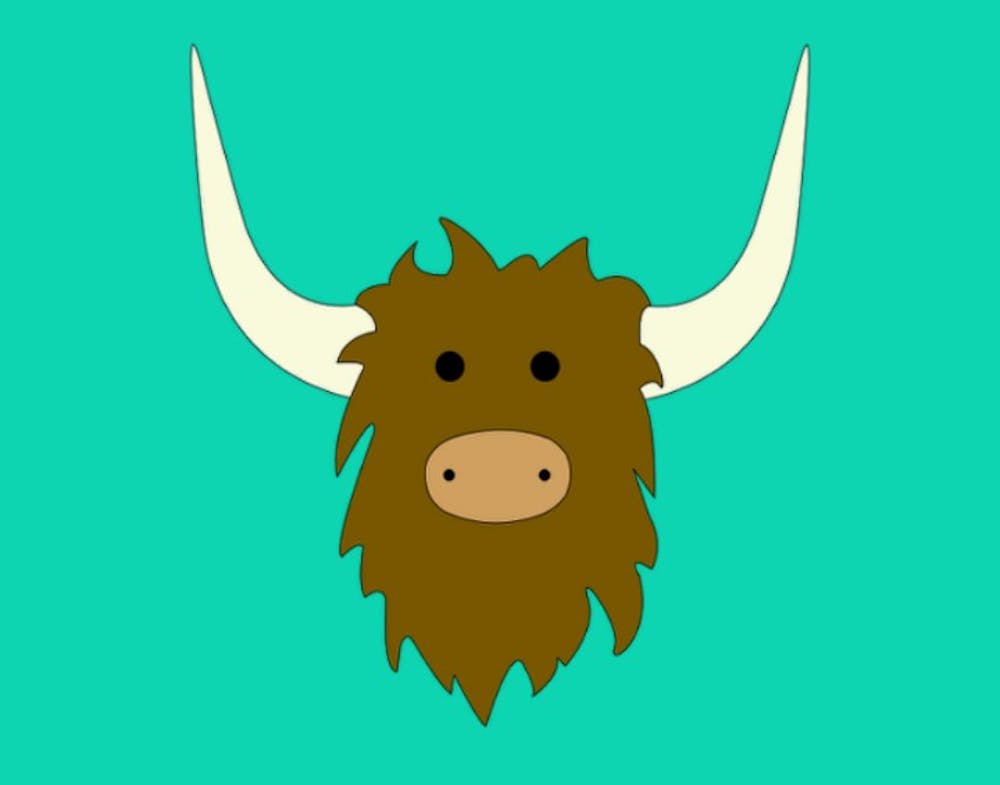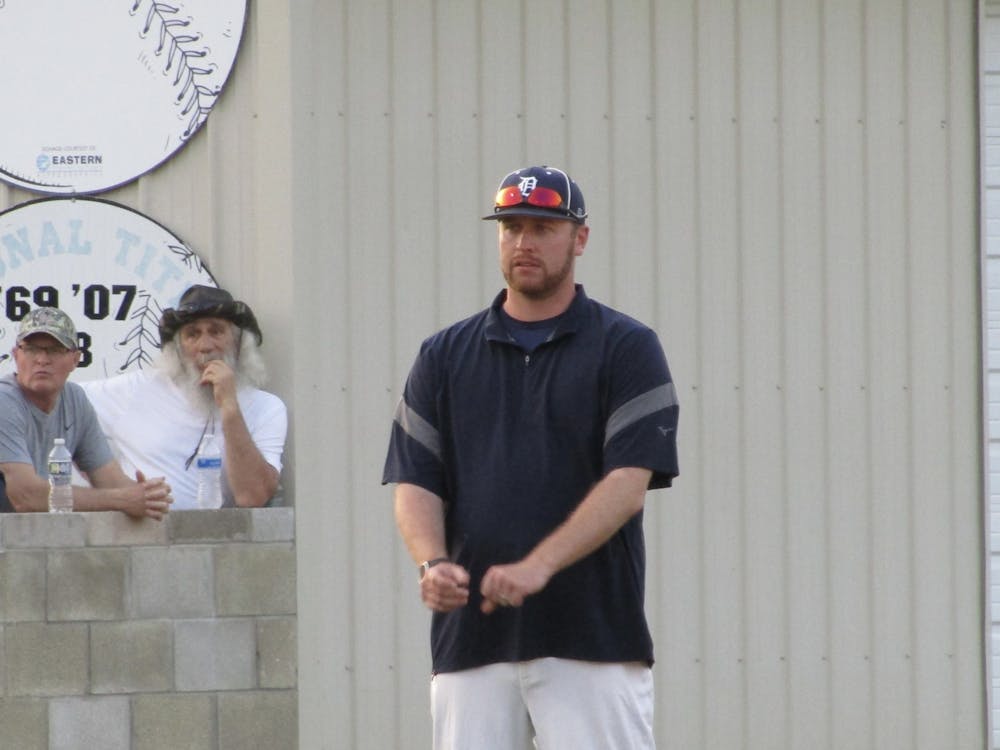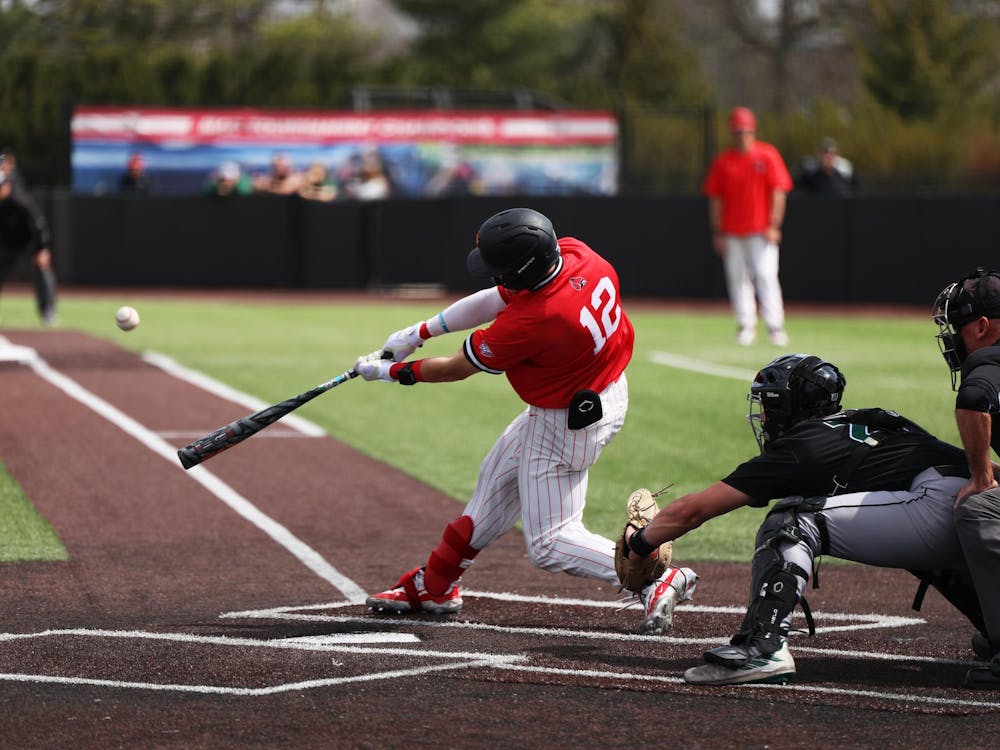Director of student rights and community standards Michael Gillilan said Ball State students will not be reprimanded for their social media activity unless it meets the legal definition of harassment.
Described as a “local bulletin board,” Yik Yak started in November 2013 as an anonymous app that allows users to view and post based on their location.
Popular locations included universities such as Duke University, New York University and Northwestern University. Creators Tyler Droll and Brooks Buffington intended for only college students to use the app. They wanted to “create conversation” and “build communities,” said Justin Nunez, Yik Yak’s account director.
According to a Business Insider article from June 2014, Droll and Buffington said more than 250 college campuses across the country use the app heavily, and some colleges will have as many as 100 new posts in 10 minutes.
However, in its early days, high school students used Yik Yak in abusive ways, creating “anonymous” posts that were still distinguishable and targeting one single person. After cyberbullying incidents, Droll and Buffington contacted Apple to change the age restrictions on their app, requiring users to be at least 17.
They also contacted a company called Maponics, which allowed them to restrict GPS areas in which elementary schools, middle schools and high schools are located.
According to the Yik Yak website, when users download the app, users consent to allowing them to collect IP address, screen views, geo-location data and device name and model. If Ball State students’ posts get to the point of breaking legal regulations, the university will step in.
When it comes to monitoring social media, Tony Proudfoot, associate vice president for marketing and communications, said Ball State’s staff follows and engages with social properties in a manner consistent with the sites’ terms of use.
The staff receives a number of tips from concerned faculty, staff, students, alumni and friends alerting them to potential issues as well.
Proudfoot said using social media to harass someone is no different than using any other medium to do so, and any discoverable behavior on social media that violates the law or university policies is pursued with the same vigor as behavior in real life.
“We take social media behavior very seriously,” Proudfoot said. “What is most important to understand is that the laws, the student code and employee policies that apply in real life apply equally in social media.”
In mid-September, Indiana State University was on lockdown due to a shooting threat posted on Yik Yak. “I wonder if this school shooting is going to go as planned tomorrow,” the post read.
Another student commented, saying they should report the post. Shortly after the student posted the comment, the original post was taken down.
Sophomore Rashon Ke’nise Marshall-Bowen was arrested for her alleged post referencing a school shooting to occur on campus. She faces a preliminary misdemeanor charge of harassment.
Proudfoot said a false report is a crime whether it occurs in real life or on social media. A person who posts a threat will be pursued and prosecuted accordingly, regardless of the medium.
Yik Yak recognizes that with any social app or network, there is the likelihood for misuse from a small group of users, said Nunez, while this is often just a vocal minority, the company has put many protections in place to minimize the impact and support the positive users.
“Yik Yak is fun, but I can see how it can get out of control,” Frances Coolman, a freshman social work major, said. “But, obviously it’s anonymous so there are always going to be immature people.”
Under its rules and information section, the first rule is, “You do not bully or specifically target other yakkers.” Rule two states, “You DO NOT bully or specifically target other yakkers.”
Ball State’s student code says members of the Ball State community pledge to act in a socially responsible way. This includes treating each person in the community with civility, courtesy, compassion and dignity.
Ball State’s social media policy has an entire section dedicated to proper behavior on social media sites. Some of the practices include thinking twice before posting, striving for accuracy, being respectful and remembering the audience. Yik Yak users have the ability to upvote or downvote the posts they see.
The creators encourage their Yakkers to downvote any offensive Yaks. If a user’s Yaks continue to be downvoted or reported, he or she will be suspended from the app. Nunez said the app monitors conversations and posts, and any negative or harmful behavior will result in the user being blocked or banned from future use.
“Yik Yak is a location-based service that can monitor traffic coming from locations, but given the principle of anonymity, it does not track and trace every user,” Nunez said. “However, when a threat reaches an extreme, violent nature, the company does work with law enforcement to locate a poster to support investigations.”
Proudfoot’s advice for using social media responsibly is to understand and remember that there is no distinction, when it comes to the law and university policies, between behavior on social media and in real life.





